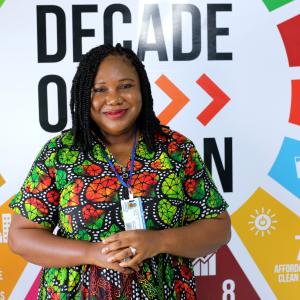In the heart of Liberia, lies Gbarpolu county.
Though the youngest of Liberia's fifteen counties, it is the seventh most populous, with a growing population of over 104,000 people. Unfortunately, due to its remote location, healthcare services are a challenge to come by, especially for the vulnerable under 1 and under 5 population. However, there is hope on the horizon, thanks to the Parenting of Poorly Performing County Project.
With the average distance walked to a health facility in Gbarpolu county being 5 hours, approximately 68% of the population, particularly those in Belleh, Kongbah, and Bokomu areas, must walk more than 60 minutes or five kilometres to reach the nearest health facility. The project tackled this issue by mapping out all hard-to-reach communities and planning vaccination sessions with the communities. The outreach services were conducted at convenient hours and days agreed upon by the community and the vaccinator. The outreach services were held at least once a week in hard-to-reach communities, and community health assistants or volunteers were involved in planning, sensitization, and mobilization of communities for outreach.
During the outreach services, the identification of under-immunized clients was targeted, staff met and had discussions with immunization networks and community workers, and awareness on immunization was created in the community. Mr. Clarke, the Community Health Department Director, expressed his appreciation to UNICEF and partners for prioritizing the county and supporting them technically and financially.
The Parenting of Poorly Performing County Project has brought hope to the people of Gbarpolu county, and the impact of this intervention has been significant. The project has improved the accessibility of healthcare services, reduced morbidity, and mortality of vaccine-preventable diseases, and strengthened community participation in the planning and implementation of immunization services. The success of this project is proof that with a little help and support, we can make a significant difference in the lives of the most vulnerable members of our society.



